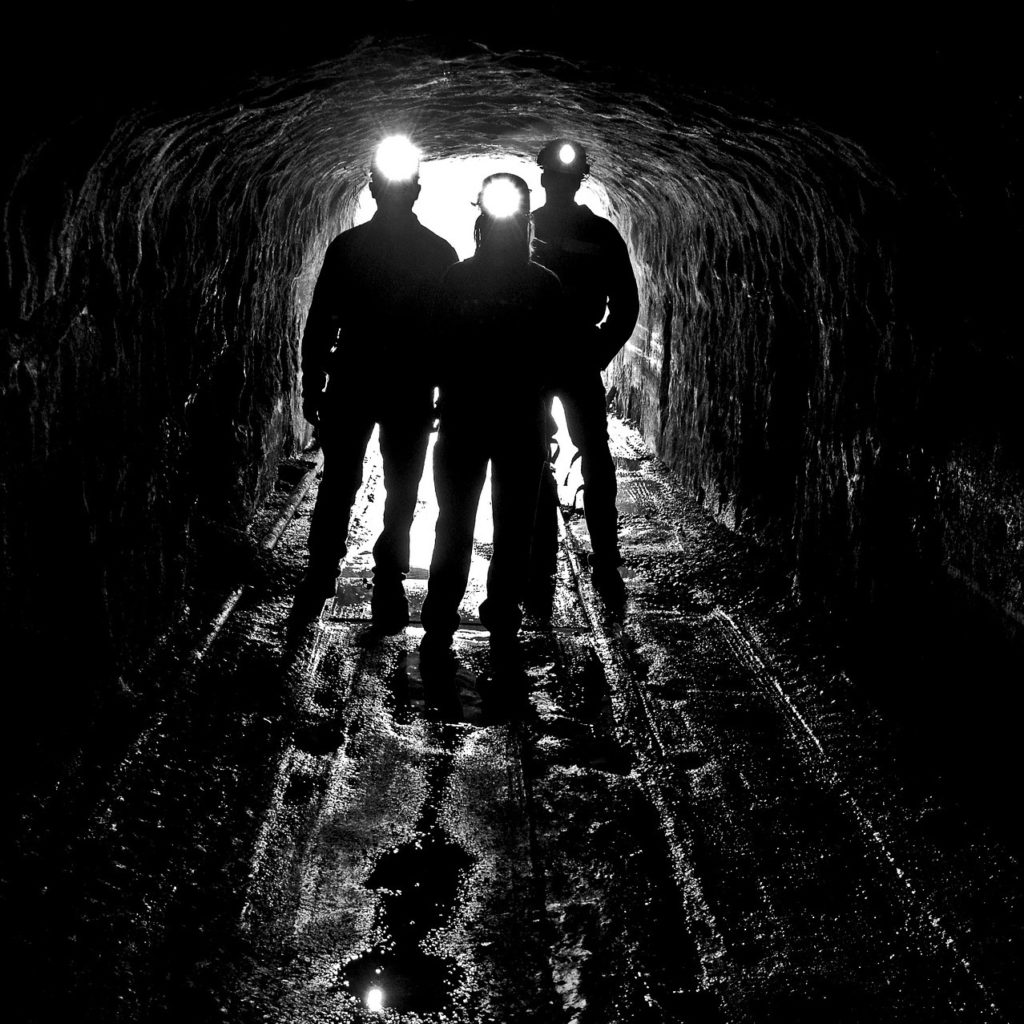Sixteen Tons Posted by Gary Locke on Sep 3, 2020 in Culture

Songs that tell the stories of workers and laborers seem to have always been a part of American culture. Popular hits include Dolly Parton’s Nine to Five and Billy Joel’s Allentown, to name just two. Bruce Springsteen has made a career out of songs of the American worker. But in the history of American music few songs have been more popular and influential than Sixteen Tons, a folk song about the misfortunes of coal miners.
Some people say a man is made outta mud
A poor man’s made outta muscle and blood
Muscle and blood and skin and bones
A mind that’s a-weak and a back that’s strong
You load sixteen tons, what do you get?
Another day older and deeper in debt
Saint Peter don’t you call me ’cause I can’t go
I owe my soul to the company store
I was born one mornin’ when the sun didn’t shine
I picked up my shovel and I walked to the mine
I loaded sixteen tons of number nine coal
And the straw boss said “Well, a-bless my soul”
You load sixteen tons, what do you get?
Another day older and deeper in debt
Saint Peter don’t you call me ’cause I can’t go
I owe my soul to the company store
I was born one mornin’, it was drizzlin’ rain
Fightin’ and trouble are my middle name
I was raised in the canebrake by an ol’ mama lion
Can’t no-a high-toned woman make me walk the line
You load sixteen tons, what do you get?
Another day older and deeper in debt
Saint Peter don’t you call me ’cause I can’t go
I owe my soul to the company store
If you see me comin’, better step aside
A lotta men didn’t, a lotta men died
One fist of iron, the other of steel
If the right one don’t a-get you, then the left one will
You load sixteen tons, what do you get?
Another day older and deeper in debt
Saint Peter don’t you call me ’cause I can’t go
I owe my soul to the company store
It was written in 1946 by Merle Travis, the son of a coal miner and a member of a long tradition of coal miners in the hills of Muhlenberg, Kentucky. The song has never lost favor with artists. You’ll find versions in Italian, Hungarian, Portuguese, Finnish, and Taiwanese, among many other languages. Elvis used to sing it, as did Johnny Cash and Stevie Wonder. But the version that cemented Sixteen Tons in American culture was by Tennessee Ernie Ford.
Ford was a charming radio personality in his home state of Tennessee with a deep baritone voice and the ability to poke fun of his hillbilly roots. He sang country and western songs and folk tunes, along with Southern gospel hymns, sometimes adding elements of rock in unexpected ways. Singers who had appeal in many different musical styles were called cross-over artists, and Ford was one of the first. When he added snapping fingers and a jazzy clarinet to the beat of Sixteen Tons, Ford had an instant hit.
Sixteen Tons is best described as a ballad, a song that narrates a story of folk tradition. In this case, Travis wrote of the hardships endured by miners who could never escape the bondage of debt that they owed to their employers. The sixteen tons of the title refers to tons of coal, dug and hauled out of mines in the hills of Appalachia. The work was physically exhausting, dirty, and highly dangerous. But, as the song points out, the worst part of being a coal miner was the meager pay and living conditions.
In fact, miners weren’t really paid at all. They earned scrip, non-transferrable credit vouchers which could only be redeemed for food, clothing, and other essentials at the local store owned by the company that they worked for. They even lived in family dormitories also owned by the company. Rent and heat were deducted from their wages. And, since there was no sick pay, the miners had to work every day just to be able to afford to live. If it sounds an awful lot like slavery, you are correct.
The line, “Another day older and deeper in debt” was something Merle Travis heard his father say all the time. Such conditions reduced men and their families to lives not much better than animals, fighting through their daily existence. Until the labor unions came along.
Unions changed the laws regarding working conditions, pay structure, time off, and health benefits. The work and life a coal miner is still very hard, but the debt bondage system is now illegal. But we still have the song.

Build vocabulary, practice pronunciation, and more with Transparent Language Online. Available anytime, anywhere, on any device.



